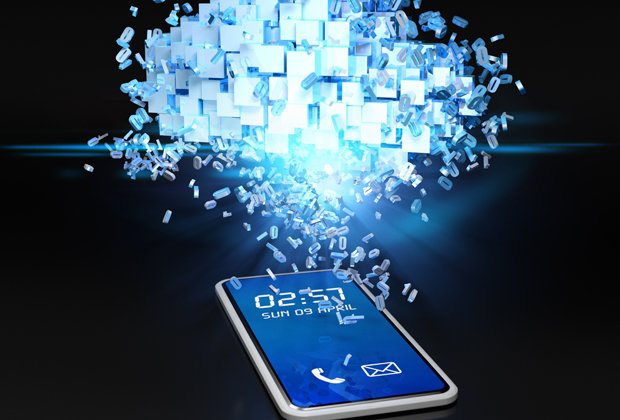Scientists have achieved a wireless data connection speed that could — in theory — download a file 100 times the size of a feature film in about three seconds.

Researchers at the University of Surrey’s 5G Innovation Center (5GIC) are responsible for achieving this record-setting data connection, during which they recorded a speed of one terabit per second (Tbps).
Put into perspective, a single Tbps is 65,000 thousand times faster than current 4G download speeds.
The speed the Surrey team achieved is also far in excess of the previously best recorded, which belonged to Samsung and its 7.5 gigabits per second connection.
Again, putting it into perspective, Samsung’s connection is just under 1% of that which was achieved by the Surrey scientists.
“We have developed 10 more breakthrough technologies and one of them means we can exceed 1Tbps wirelessly. This is the same capacity as fibreoptics but we are doing it wirelessly,” said 5GIC director (and professor) Rahim Tafazolli, whose team built its own kit and carried out the tests in lab conditions over a distance of 100 meters.
This latter point gives some people reason to pause, as it remains to be seen whether it will be possible to replicate this technology in real-world conditions. Tafazolli said he wanted to carry out more tests around the university’s campus before going public with the news.
“We want to be the first in the world to show such high speeds,” he added.
In terms of real world applications, 5G mobile would be able to use a very high-frequency spectrum (above 6 GHz) which, in turn, would allow the device to run a greater amount of services, ranging from faster financial trading to holographic projections.
The faster connection would also deliver somewhere between 10 and 50Gbps, as compared to the 15 Megabits per second that today’s average 4G connection is able to download.
While many are excited by 5GIC’s achievement in their data connection research, Professor Tafazolli said there are still plenty of hurdles to clear before this type of data connection would be ready for the mass public.
“An important aspect of 5G is how it will support applications in the future. We don't know what applications will be in use by 2020, or 2030 or 2040 for that matter, but we know they will be highly sensitive to latency,” he said. “We need to bring end-to-end latency down to below one millisecond so that it can enable new technologies and applications that would just not be possible with 4G.”
Via BBC
Advertisement
Learn more about Electronic Products Magazine





